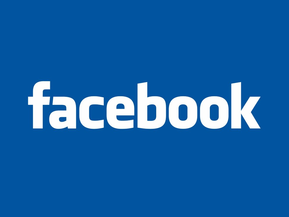Open source my software but not my data


Open software is good. Open data? Maybe not so much.
The traditional software argument is that unless you're using the AGPL. unless everything is open including your secret source, that you're not really open, that you're just pretending to be. Open is just another word for nothing left to lose.
I have never bought that. Open source is not the same thing as free software, which was one of the first lessons I was taught when I took this beat. (Richard Stallman got on me personally about it.)
Open source is a continuum of choices, ranging from Stallman's Free and Open Source software (FOSS) ideal through Microsoft code that is under tight restrictions. Open source was born in reaction to FOSS, and in opposition to it.
Early on I devised an open source incline to illustrate the range of choices available. As the need for community contribution increases you go down the incline. As your proprietary control over the code increases you go up the incline.
Later I amended this into the open source development incline, taking a variety of development models into account.
The point about most code intended for online use is that it is not usually at the bottom of the incline. Even Google is not at the bottom of the incline, although it's an open source citizen in good standing. Google does not support the AGPL.
But what about data? Who decides the status of online data? Does that decision lie with you or with the company hosting the data?
Facebook has defined data as software and released its work into the wild, saying it's just following the tenets of open source.
When you look at open vs. closed in a software world, open sounds marvelous. Look at it in a data frame, as in your data is open unless you say not, and Senators spy a privacy violation. Especially if, until recently, you've been defining yourself as a private network safe for kids, not an open part of the regular Web.
It's pretty easy for software to move up and down the open source incline. For data it's proving problematic.